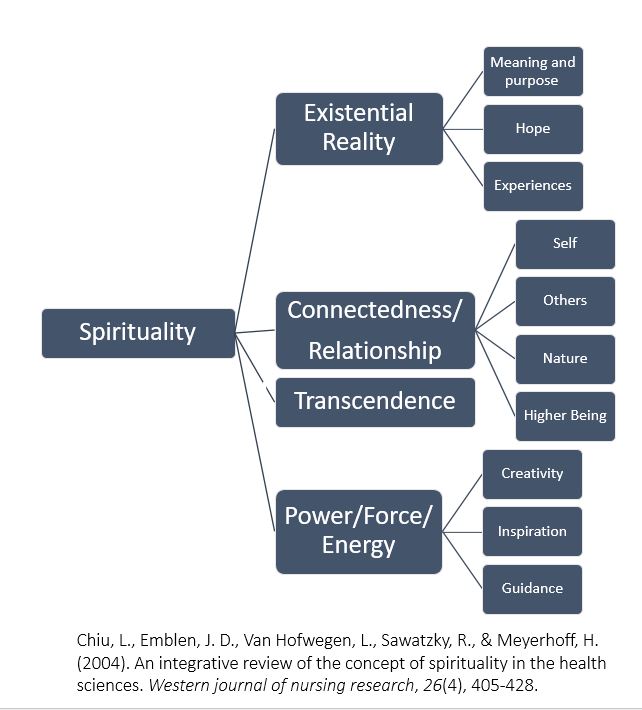What you are truly after neither has form nor is without form. It cannot be grasped or attained or obtained or conceptualized or even described (…) In other words, there is nothing to get.
(Steve Hagen, Buddhism is Not What you Think)
Following developments in other fields such as health sciences, nursing, psychology and management, researchers in sport have started to engage with spirituality and to consider its relevance for experiences and meaning(s) of sport. But what is spirituality in the first place and how can we study it?
In Euro-American context, where much of the peer-reviewed academic research is produced, spirituality has been traditionally viewed as a sub-component of religion. Here, it forms a personal and experiential dimension of religion.
This view has influenced some studies in sport psychology that have looked at how religious (typically Christian) athletes make sense of their sport involvement and their practices such as prayer in sport context. Many of these studies use religion and spirituality interchangeably.
Another and increasingly common approach is to conceive spirituality as the broader construct and religion as one expression of spirituality. Here, spirituality would be an ontological aspect of a human being and something that exists (although sometimes as dormant) in all people. There are discussions about “secular” and “atheist” spirituality. Abraham Maslow would be one well-known proponent of the view that spirituality is something relevant to all humanity.

A review in health sciences (Chiu et al. 2004) identified four dimensions that are central in how researchers have been conceptualising spirituality. It shows that thinking around spirituality often centralises existential questions about meaning and purpose in life, how we are connected to the world, and things greater than ourselves.
In sport studies, these dimensions have been explored using different concepts. Consider, for example, those moments in movement when we feel we are at one with the universe and ourselves. Some call this flow, others the zen zone, a mystical experience, peak experience or runner’s high.
For the running philosopher George Sheehan, running was his “proof of the existence of God”.
How we make sense of this kind of experiences, whether as spiritual, religious, psychological or secular, depends on our broader framework of meaning.
On the other hand, as also discussed in the Meaningful Sport podcast, sport provides us with a long-term life project that can bring a sense of direction and purpose to our daily lives. Sport experiences can confront us with existential questions about possibilities and limits, choice and responsibility, and fairness and absurdity. Some athletes in my studies have discussed sporting practices as an avenue for spiritual growth.
This perspective on spirituality also often involves discussions about loneliness and suffering in sport, and reminds of some of the ascetic practices involved in religious traditions.
While it is useful and necessary to try to think what spirituality is and how we can study it, many philosophical traditions emphasise that spirituality cannot be fully grasped by language. The nature of spirituality and its elusiveness is described in Tao Te Ching, where Laozi explained:
The Tao that can be described is not the enduring and unchanging Tao. The name that can be named is not the enduring and unchanging name (Laozi, Tao The Ching, p. 1)
Further reading:
Ronkainen, N. J., & Nesti, M. S. (2018). Meaning and Spirituality in Sport and Exercise: Psychological Perspectives. Routledge.
Outstanding blog
http://www.sudarshanpaliwal.com